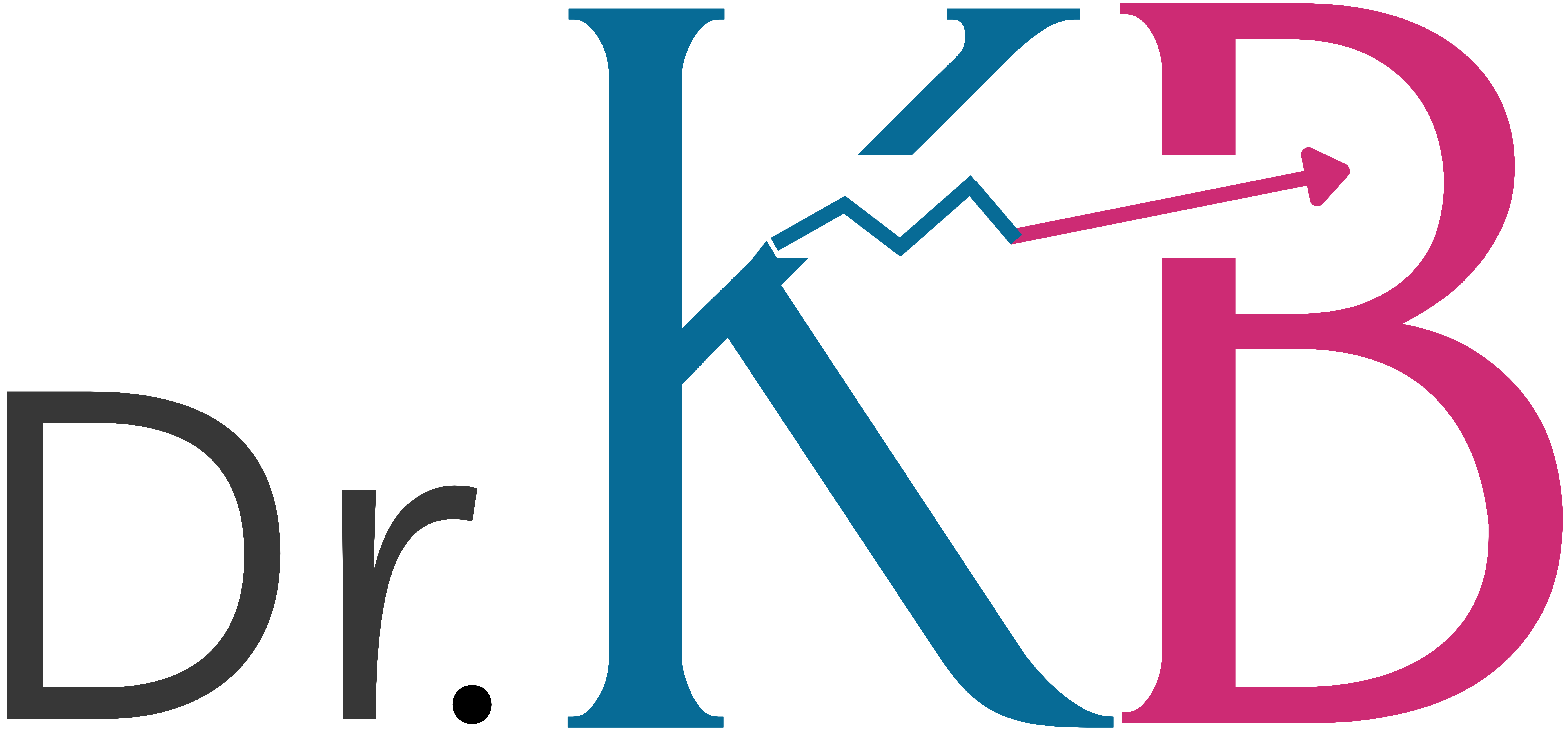Physician Non-Clinical Career Spotlight: Utilization Management
/ Blog, Non-clinical Career Spotlights
What is Utilization Management (UM)?
UM refers to all activities involved in ensuring appropriate and cost-effective use of health care services and resources. These include hospitalizations, surgeries, diagnostic tests, and other procedures. A career in UM can be an opportunity to help patients receive appropriate medical care and help prevent fraud, waste, and abuse of medical resources.
Who are the employers?
You can sign up to be a physician chart reviewer, or work full time or part time for the following types of companies:
- Health care insurance companies
- Independent review organizations. They are contracted by health insurers to do UM tasks.
- Benefit management companies. They are an arm of a health insurance company, narrowly focused on the utilization review of radiology studies and procedures.
What are the entry level roles?
When searching for a job in UM, search for the following roles:
Physician reviewer, medical director, or physician peer reviewer.
What are the responsibilities?
Responsibilities will vary by the type of employer and size of company and include.
- Review patient medical charts and make status determinations (such as observation or inpatient).
- Review appeals for denied payment of services.
- Document the rationale for the determination.
- Perform peer-peer calls (talk to providers about medical necessity and rationale for denial or approval.)
- Work with nurses and other clinicians who are reviewing charts.
- Review and update company policies and stay up to date with evidence-based medicine.
Might a job in UM be a good fit for you?
There are many physicians who have transitioned to a career in UM and are very satisfied in their role. Here are some experiences, personality, skills, and work preferences that fit well with UM. There are exceptions to this. If you’re interested in pursuing a role in UM, review some job descriptions and talk to a physician working in the role.
Experience and training
Most specialties are needed, including Family Medicine, Internal Medicine, hospitalist, psychiatry, surgical specialties, radiology, orthopedics, pediatrics.
Direct patient experience required, usually 3-5 years. Hospital experience is a plus but not essential.
Board certification is usually required.
Multiple licenses are not required.
No training is needed. Your training and experience as a physician is enough! Most companies will train you on the job and offer ongoing support from a clinical team.
Personality
You are attentive to detail.
You like to stay current in your specialty and research the latest guidelines.
You handle disagreements without escalating them or taking them personally. This is important if you will be doing many peer-to-peer calls.
If you are conflict avoidant, this may not be for you.
Skills
You want to use your clinical expertise and appreciate evidence-based-medicine.
You have a breadth of clinical knowledge and experience.
You are proficient in computer skills (such as Microsoft Office).
Career preferences
Remote and hybrid options are available.
Most full-time positions are scheduled 8-hour days. Some companies require weekend call (no overnight!).
Estimated base Salary: ~$75-$150 per hour Part-Time. ~$180K-$350K annual Full Time. This varies depending on the company and your specialty. Note: The hourly pay for chart reviews only can be low.
Opportunities for Promotion: You can move into executive management where you will oversee other clinicians doing reviews.
2 Tips for landing a job in UM
1. Start by signing up to do chart reviews on the side.
This serves two functions: you will get an idea if you like the work (a mini-career experiment) and you gain experience to add to your resume.
2. Highlight the following experiences (if applicable to you) on your resume:
If you see patients in clinic, highlight that you
- Practice evidence-based medicine.
- Are involved in educating medical staff.
- Interact with medical directors at insurance companies (peer-peer discussions).
If you have hospital experience, highlight that you
- Help determine if a patient meets observation or inpatient status.
- Collaborate with other providers on a patient care team.
- Are involved in chart audits.
- Interact with case managers.
- Lead family meetings.
- Are involved in discharge planning,
Consider a career in UM if you no longer want to see patients but you do want to use your clinical expertise, stay up to date on current practice guidelines, and prefer a predictable schedule.
What else would you like to know about a career in UM?
Resource #1. Are you curious and want to sign up for chart reviews?
Go to the National Association of Independent Review Organizations or NAIRO member page.
Scroll down and click on the links of the full members. You will be directed to their websites where you can apply to become a physician reviewer.
Resource #2. Could chart review be for you?
To find out more about doing chart reviews, listen to this episode of the Doctor’s Crossing Carpe Diem podcast.

